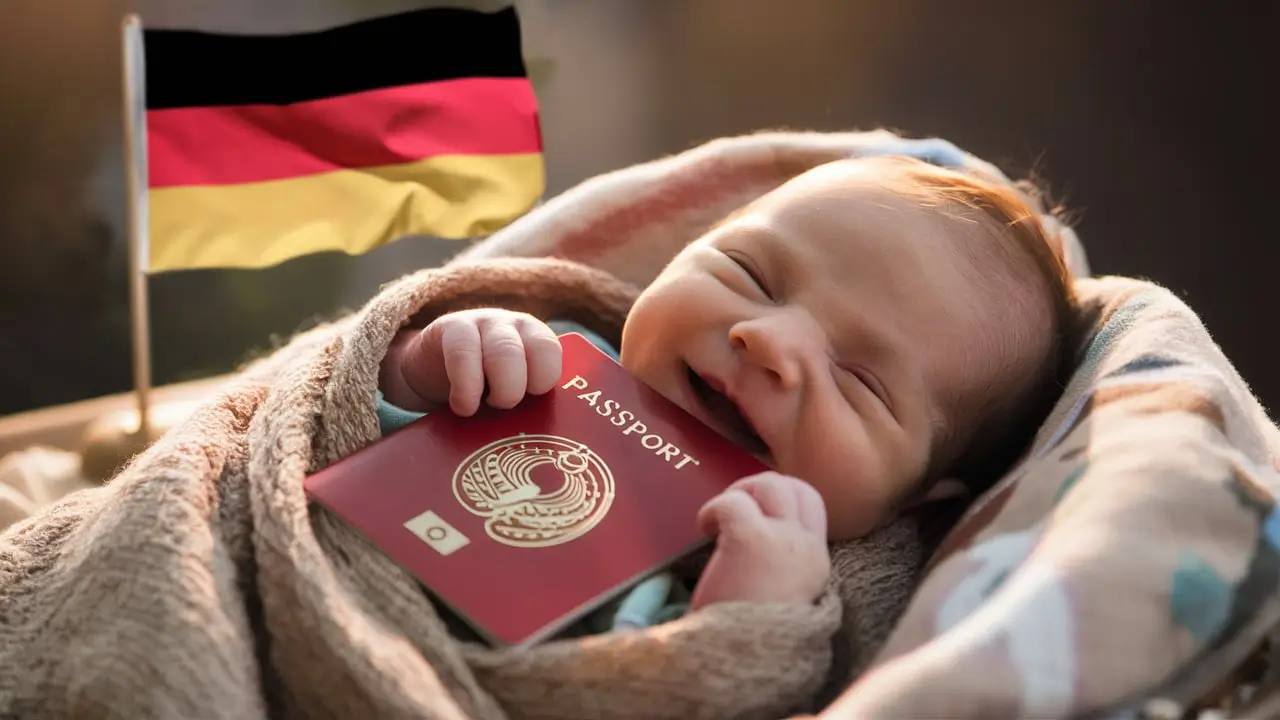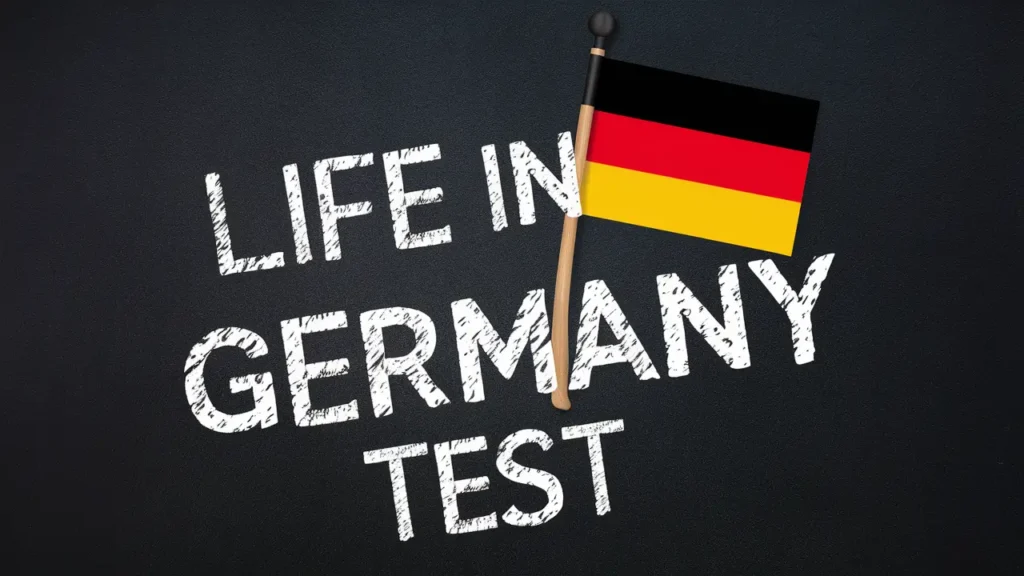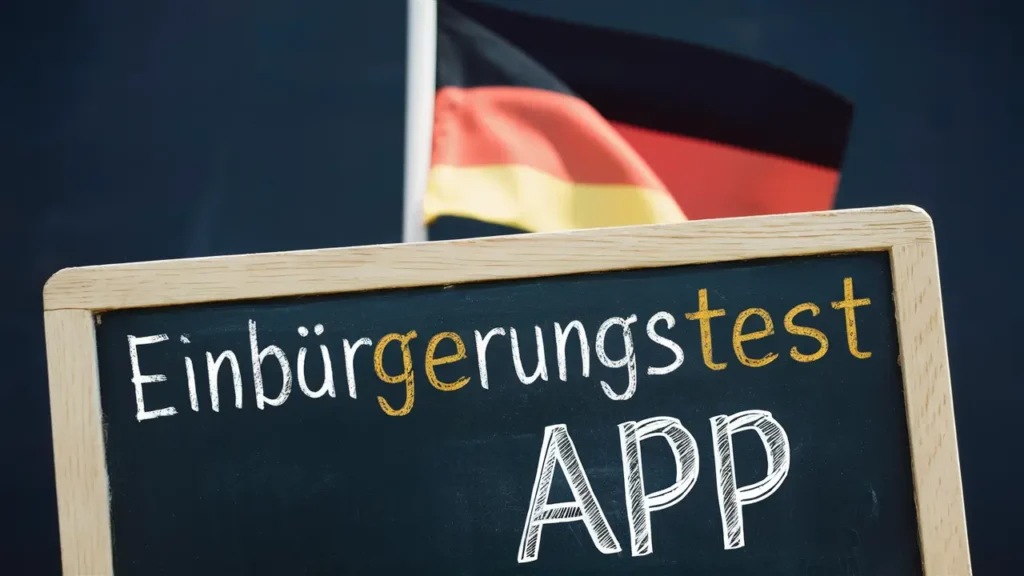In an increasingly interconnected world, families are formed across borders, cultures, and nationalities. For those considering adoption in Germany or adopting a child from Germany, understanding the path to German citizenship through adoption is crucial. This process not only creates new families but also opens doors to a rich cultural heritage and the benefits of European Union citizenship.
The process of gaining German citizenship through adoption has been streamlined in recent years, reflecting Germany’s commitment to family reunification and integration. With the implementation of the new German citizenship law, the path to citizenship for adopted children has become more accessible and inclusive.
The Adoption Process and Citizenship
When a child is adopted by German parents, citizenship begins immediately. Under German law, if one adoptive parent is German, adopted children under eighteen automatically become citizens. This law ensures adopted children quickly integrate into families and communities. They also receive full citizenship rights immediately.
It’s crucial to remember that for this automatic citizenship to apply, the adoption must be accepted by German law. After an overseas adoption is finalized, the path to citizenship is simple, albeit additional steps could be required to ensure acceptance in Germany.
Benefits of German Citizenship Through Adoption
Acquiring German citizenship via adoption opens up a world of opportunities for the child:
- EU Freedom of Movement: As German citizens, adopted children can live, work, and study freely within the European Union.
- Education: Access to Germany’s renowned education system, including free university education.
- Healthcare: Coverage under Germany’s comprehensive healthcare system.
- Cultural Integration: Full participation in German society and culture from an early age.
Recent Changes and Considerations
The new German citizenship law has introduced several changes that impact German citizenship through adoption:
| Aspect | Change | Impact on Adoption |
|---|---|---|
| Dual Citizenship | Now allowed without restrictions | Adopted children can retain original citizenship |
| Residency Requirement | Reduced from 8 to 5 years | Faster naturalization for non-German adoptive parents |
| Language Proficiency | B1 level required | Encourages early language learning for adopted children |
| Integration Course | Mandatory for naturalization | Mandatory for naturalization |
These changes reflect Germany’s commitment to creating a more inclusive society and facilitating the integration of adopted children into their new families and communities.
Navigating the Process
While German citizenship through adoption is generally straightforward, it’s essential to navigate the process carefully:
- Ensure all adoption documentation is in order and recognized by German authorities.
- Register the adoption with the local Standesamt (registry office) in Germany.
- Apply for a German passport for the adopted child, which serves as proof of citizenship.
- For international adoptions, consider seeking legal advice to ensure compliance with both German and international adoption laws.
German citizenship through adoption represents more than just a legal status; it’s a gateway to a new life, culture, and opportunities. As Germany continues to evolve its citizenship laws, the country reaffirms its commitment to welcoming adopted children as full members of society, ensuring they have every opportunity to thrive in their new home.
It is essential for families thinking about adopting a child from Germany or adopting in Germany to comprehend the subtleties of obtaining German citizenship through adoption. Even though it’s a trip that takes considerable thought and preparation, ultimately, the end result is the formation of new families and, in addition, the improvement of German society as a whole.




